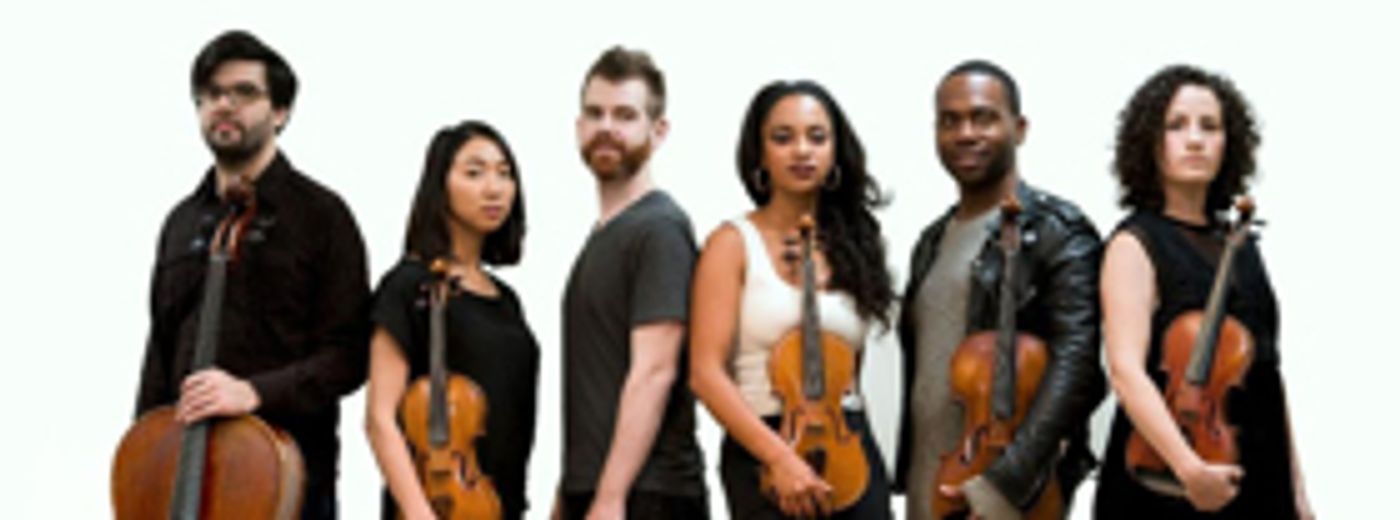Harry T. Burleigh Society and Urban Playground Chamber Orchestra Presents FROM SONG CAME SYMPHONY

William Grant Still's powerful oratorio "And They Lynched Him on A Tree" was premiered by the New York Philharmonic in the summer of 1940. Among the high-profile audience at that outdoor concert were composer Samuel Barber, First Lady Eleanor Roosevelt, and Supreme Court Justice Felix Frankfurter. The visually striking double choir - black mourners contrasting a white mob - must have been arresting, particularly in an era when "Strange Fruit" lyrics described an American reality.
"By mandating a racially segregated double chorus, Still empowers black artists to create art about black experiences," said Harry T. Burleigh Society Executive Director Dr. Marti Slaten. "He also commands the audience to reckon with the brutal reality of the color line through lynching in America."
The harrowing subject matter may have contributed to the oratorio's scant performance history; now, one year after the National Memorial for Peace and Justice opened its doors, the Burleigh Society and Urban Playground Chamber Orchestra are set to revisit the piece.
Their May 8 concert, From Song Came Symphony, will explore the symphonic influence of composer Harry T. Burleigh, whose legacy is often tied to the concertization of the American spiritual. He is also increasingly credited as influencing some of the spiritual-inspired thematic material for the "New World Symphony" and "American String Quartet" of Antonin Dvorak. The Burleigh Society, which advances studies of black art music through scholarship and performance, hopes to broaden audiences' understanding of Burleigh's foundational contributions to American classical music.
Urban Playground Artistic Director Thomas Cunningham found programmatic inspiration in Jay-Z lyrics: Rosa Parks sat so Martin Luther could walk / Martin Luther walked so Barack Obama could run / Barack Obama ran so all the children could fly.
"Burleigh wrote art songs so that the following generation - William Grant Still, William Dawson, and Florence Price - could write symphonies and concert works," said Cunningham. "Burleigh's incorporation of African American music into Western art music, and his advocacy for this new American music genre through his work at Ricordi, had a vast influence on remarkable composers of color in America."
One such composer was Burleigh's friend and colleague Florence Price, whose Violin Concerto No. 2 will receive its New York City premiere on the May 8 concert. The concerto, expected to be a highlight of the program, will feature violinist Kelly Hall-Tompkins, whose musical virtuosity and dedication to social justice make her an ideal collaborator.
Though Price's work is enjoying increased popularity, organizers reject the idea of a "resurgence," noting that African American classical music communities have never forgotten Price's music. In fact, Chicagoans paid tribute to her by naming Florence B. Price Elementary School in her honor, with Violin Concerto No. 2 played at its opening.
"This concerto, completed just one year before Price's untimely death in 1953, is a fascinating example of her applications of African American vernacular and Western classical principles," said musicologist Kori Hill, who will deliver the pre-concert lecture. "It is an important component to understanding and fully appreciating her contributions to American classical music. We hope Price's Violin Concerto No. 2 becomes a staple of the violin repertory in the years to come."
"This program celebrates a lineage of American composers far too often overlooked and unheard," added Cunningham. "By bringing this program to New York audiences, we hope to amplify these essential voices."
Videos

